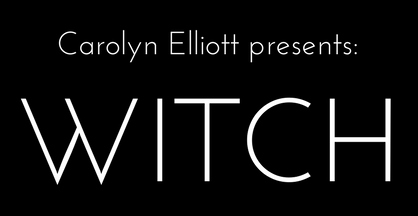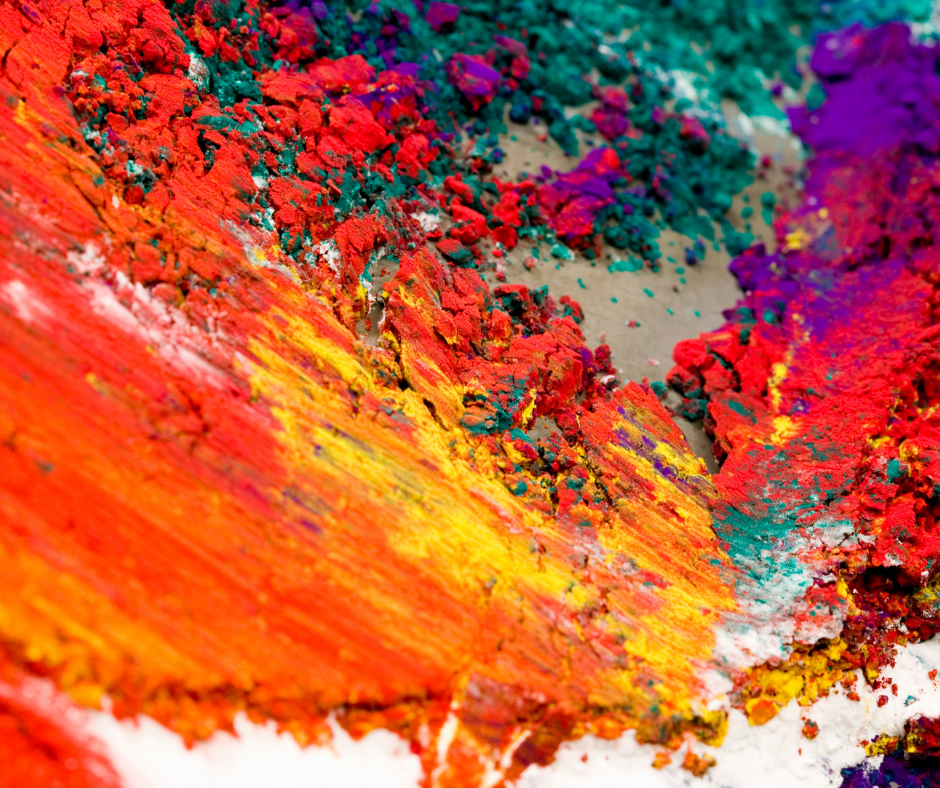by Siobhan Johnson
A long term creative project like a novel, an album or a collection of work takes a lot of work, pain and sometimes tears.
Not only can the process be long and hard, but there’s always the worry about the end result – will it all be worth it?
All areas of your life can be improved with magic, should you wish it. The arts are no different!
Here’s my advice for deliberately seeding your larger creative projects with magic to make them easier, quicker, and more meaningful and successful.
Dedicate the work to a Deity
Dedicating the work to a Deity both works as an offering in the traditional sense: ‘here is a thing I made for you’, and in a more archetypal sense too.
When you dedicate a work in progress to a Deity, you’ll want to pick a Deity who rules over its main themes.
As you’re delving into these themes in a deep way on a probably daily way as you work on your project, you will often find your life will start to reflect those themes.
Life imitates art, as the saying goes.
Doing that deliberately as part of your work with a Deity is a good way to go deeper in that ork without getting too involved in your own business, as you have colour swatches or characters to play with.
Knowing what your themes are is something that comes as part of the process, maybe during planning, maybe after a first or second draft.
‘Picking’ a theme to work on rarely results in something that isn’t trite.
Story must always come first.
For example, my novel is a gothic romance novel whose main characters are musicians, and themes are about romance, money, fame and the arts – and features Lucifer as a side character.
This means the Deity who rules over the theme and tone here is Venus. (Lucifer is associated with Venus.)
You can dedicate a work in progress in many ways – sometimes, as I did, you may find that you’re actually pushed to dedicate a certain project to Someone.
As you work, play music associated with your Deity, burn their scents, wear their jewels or perfumes, and keep their lessons in mind as you work on your piece.
Allow Their influence within your work, even if it changes things.
You can always change it back later – but anytime I’ve accepted this guidance, even if it felt wrong at first, it always turned out to be the right decision, story-wise.
Once you’ve completed the work, you can dedicate the finished piece to them in this simple ritual:
Place a copy of the piece on their altar, whilst burning their scents.
Recite this prayer aloud:
‘Thank you for your influence,
On me and in this the work
I dedicate my labour to you (NAME)
You who (SPECIFY SOMETHING ABOUT THEM YOU FOUND INSPIRING)
You who (DITTO)
I present to you this work done through me in your name
Thank you for giving me this chance
I hope that you will help me in sharing it with the world
So that it may glorify your name further’

Invoke a planetary Deity (or grace or muse) associated with the FORM of your work
Whilst theming is one of the most important things about a work, the greatest idea will not be popular if it isn’t told well.
Regularly invoking a Deity whose influence includes the form of your work will help you improve at the base building blocks of your creative profession or hobby.
For example, Mercury is often invoked for writing, Venus for arts, and the Sun for music and theatre.
However, this isn’t always clear cut – Venus has a love for poetry which can include music, and Mercury rules the hands so is useful to call on for artists and musicians.
One of the benefits of a long creative process is that you can try out several different approaches during it – if you find that you like to work with the Sun to write your music but prefer to work with Venus for lyrics, that’s okay too.
Invoking a Deity for this kind of help is pretty much the same as you’d do it for anything else.
Build the Deity an altar – this can be a small collection of items on your desk, if need be.
Write them a letter, detailing the specifics things you want help with: Style? Form? Tone? Plot? All of it?
Thank them for giving it to you at the end of the letter, as if it’s already happened, and seal it in an envelope.
Draw the appropriate planetary sigil on the envelope.
Give regular offerings on the Planet’s day or hour for as long as the project lasts (or indefinitely, if working in this form is regular thing for you and you want the boost).
The work is a spell itself
The most important thing to remember is that any creative work is a spell in and of itself.
One of the most important rules of the Universe is that of reflection – as above, so below, as within, so without.
Any spell is a representation of something that you want – and since the universe must reflect everything, it will.
But any creative work is also a reflection – it’s a reflection of the creator’s perception of something.
That’s what art does – it gives the viewer, reader or listener a different mirror through which to reflect the world.
A creative work reflects a story, it reflects an archetype, or it reflects an emotion – and is timeless in that way.
There are no new ‘ideas’ because everything is a reflection of something that already exists.
But what you’re doing is creating a new mirror, a new way to reflect a story, a person, an event, an emotion.
What makes any creative work stand out from the crowd of others is its magical energy, how exciting and different in what it reflects and how it reflects.
That’s why when authors write something because they think it will be popular, it falls flat.
It’s not an exciting reflection, it’s a reflection of another mirror.
It’s boring – we’ve seen this mirror before. But that’s also why parody, pastiche and easter eggs are exciting – it’s a reflection of another mirror, but at a different angle.
To have a truly magical piece of work your mirror must reflect part of you, whether than part is obvious to the mirror-user or not.
It also must reflect something you’ve noticed and something in particular (whether that’s vampires, global warming or middle-aged graffiti artists.)
And lastly, it must reflect something timeless like an emotion, or an archetypal story. If that sounds confusing or hard, it is isn’t really.
If you write something that crackles within you – you’re making a mirror.
If you write something because it’s what you think you should write, you’re making an empty frame.
It’s good to think about what your mirror is reflecting sometime after your first draft and way before your final one.
Start with reflecting you and what you’ve noticed before you think about reflecting a theme or emotion, which should always follow whatever you’re choosing to reflect in the first two instances anyway.
This is your ‘theme’.
You can make the frame of the mirror over and over until it’s perfect, but if the mirror isn’t reflecting something interesting, don’t bother.
The best prose, the best brushstrokes don’t matter if it’s not describing something worth a look.
Humans love stories. Anything else is set-dressing.
Doesn’t matter if you use paint or different shades of mud, an interesting painting is an interesting reflection.
How many reviews have you read for books, shows, arts that describes it as ‘spellbinding’? ‘Enchanting? ‘Bewitching?’
A good story, a good piece has a hold over the audience because it’s a reflection. It’s a powerful piece of magic which humans are deliberately tuned to.
In the end, all you have to do to make a good mirror is to tell a good story.
Think about the spell you want your work to cast upon your audience.
Are you trying to infect them with an idea?
Spirit someone away into a completely new world and make them forget everything going on in their lives?
Bewitch them into feeling an emotion?
As with a spell, if ever you’re stuck in your creative work, think about the change you want to bring about. That will tell you what to do.
IN CONCLUSION
If this essay resonates with you, please join our WITCH email list by using the forms on this website so we can stay in touch.
About the Author:
all images via Canva

